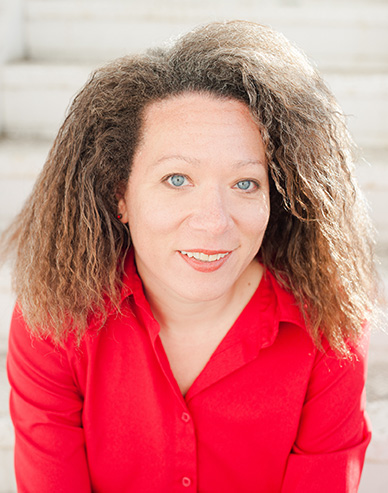Tomorrow is the day. The day. The day that marks the start of NaNoWriMo.
If you don't already know, NaNoWriMo is a worldwide challenge to write a novel (at least 50,000 words in length) between November 1-30. It's a short month. (One less day makes a big difference.) There are lots of reasons why you should accept the challenge (whatever word count you get down is more than you would if you didn't do NaNoWriMo, there is built-in support via encouraging videos/writing "friends" and it's a good thing to stretch yourself as a writer). However, there are also some obstacles (lots) and ways to avoid those obstacles.
Obstacle # 1 The frenzied pace. It's like stepping on a scale. The more you step onto it and look at that number, the more stressed-out you get. Just write. Don't worry about your word count on an every minute hour day basis. Check it only occasionally... unless keeping close track of your progress spurs you on. If that's the case, strap on the spurs and jab them into your writing psyche as frequently as you need to.
Obstacle # 2 The perfectionist syndrome. Yes, we all want our words to be lovely and lyrical and perfect when we get them down on paper. However, when doing NaNoWriMo, the pace is beyond fast. This is (probably) a first draft. Certainly not a final draft. As William Faulkner said, "Get it down. Take chances. It may be bad, but it's the only way you can do anything really good." This is the time to just get black on white (as Guy de Maupassant put it). Get the ink on the paper. Just write... and worry about getting it perfect later on.
Obstacle # 3 Your competitive spirit. Do you look at some of your writing friends--you know, the ones who are so prolific and so successful and so darned talented--and try to keep up with them? During NaNoWriMo, you're competing with yourself. How many words can you get down this year? Last year, did you crash and burn right off the starting block? Well, this year you'll make sure and top last year's word count total.
Obstacle # 4 Your weird and bothersome in-laws. Oh, sorry. That's just one of my problems. However, if you have the same strangeness going on with your in-laws, NaNoWriMo can help. With that incredibly huge word count looming over you, you cannot stay long on Thanksgiving. "Sorry. I have to gobble and go. I have to get over 1,600 words down today," and burn rubber getting away. Eat some turkey. Grab a gravy boat to go... and go.
Obstacle # 5 Your fear of failure. The only way you can totally fail at NaNoWriMo is if you don't try. Even a small amount of words is better than none. You may stumble and falter this year, but you never know... A tiny kernel from that small mound of paragraphs might lead to something huge next year. I started a piece during NaNoWriMo six years ago. Now it's a book, published by a traditional publisher. I didn't finish it during 2016's NaNoWriMo. It wasn't good at all when I did finish it. But during the next few years I revised and edited and queried.
And now, I have to go and decide just what exactly I'm going to work on... beginning tomorrow. How about you? Are you doing NaNoWriMo? And if so, what's your project? Curious minds like Sioux's want to know...
Sioux Roslawski is a middle school teacher, a dog rescuer for Love a Golden, and a writer. Her debut novel, Greenwood Gone: Henry's Story, was published in April 2021. Currently, she's working on a screenplay based on the book.
























